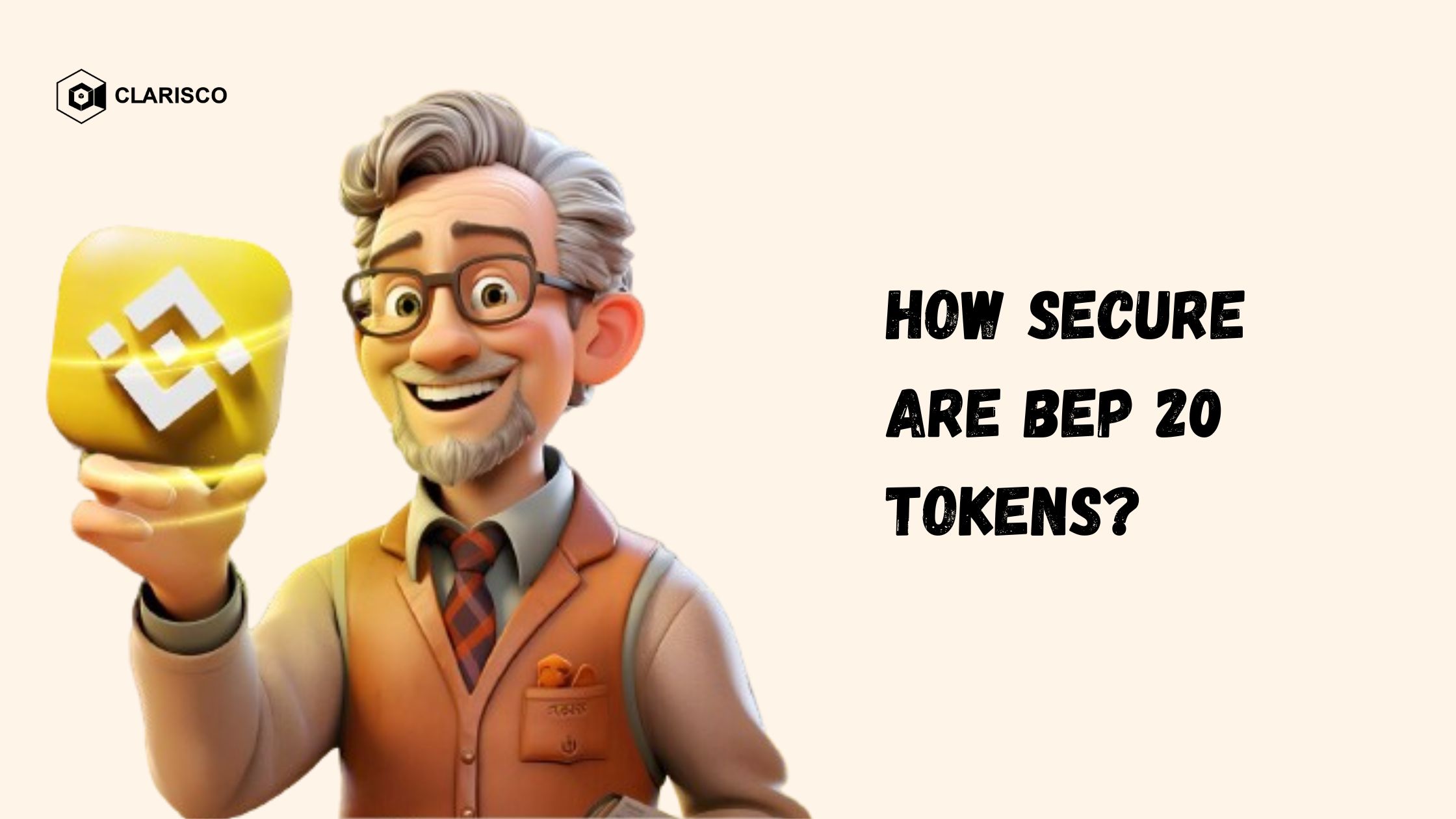How Secure Are BEP20 Tokens?
 Elsa Marie
Elsa Marie
Introduction
In the fast-changing world of cryptocurrency, security is very important. BEP20 tokens, widely used on the Binance Smart Chain, have become popular. But how secure are they? Let's explore BEP20 tokens, their security features, and how to keep them safe.
Understanding BEP20 Tokens
Definition and Basics
BEP20 tokens are a standard for creating tokens on the Binance Smart Chain, similar to ERC20 tokens on Ethereum. They allow developers to create cryptocurrencies that can be easily transferred, traded, and used within the BSC network. These tokens are versatile and can be used in various applications, including decentralized finance (DeFi) and gaming. Partnering with experts in cryptocurrency token development services can further enhance the security and functionality of your BEP20 tokens
Comparison with Other Token Standards
BEP20 tokens are often compared to ERC20 (Ethereum) and TRC20 (Tron) tokens. Although all three serve similar purposes, BEP20 tokens have lower transaction fees and faster processing times due to the efficiency of the Binance Smart Chain, making them a preferred choice for many developers and users.
The Technology Behind BEP20 Tokens
Binance Smart Chain (BSC) Overview
Binance Smart Chain is a blockchain platform created by Binance, one of the biggest cryptocurrency exchanges globally. BSC is built for high performance, low delays, and compatibility across different blockchains. Its dual-chain system lets users easily transfer assets between Binance Chain and Binance Smart Chain.
BEP20 Standard Explained
The BEP20 standard sets the rules for creating tokens on the Binance Smart Chain. These rules cover how tokens are transferred, how balances are managed, and how permissions (allowances) are set. This standard ensures that BEP20 tokens can work smoothly with each other and with various decentralized applications (DApps) on the BSC network.
How to Secure BEP20 Tokens
Using Secure Wallets
To secure BEP20 tokens, start by using a reliable wallet. Hardware wallets like Ledger and Trezor offer high security by keeping private keys offline. Software wallets such as Trust Wallet and MetaMask also provide strong security features and easy-to-use interfaces.
Best Practices for Private Key Management
Private keys are crucial for cryptocurrency security. Never share your private keys and store them securely offline. Use strong, unique passwords and enable two-factor authentication (2FA) for added protection.
Conclusion:
BEP20 tokens, like all cryptocurrencies, have unique security challenges. However, leveraging the robust features of the Binance Smart Chain, partnering with a BEP20 token development company, conducting thorough audits, and practicing diligent security measures can greatly enhance their safety. Both developers and users must stay informed and proactive to navigate the ever-changing landscape of cryptocurrency security effectively.
Subscribe to my newsletter
Read articles from Elsa Marie directly inside your inbox. Subscribe to the newsletter, and don't miss out.
Written by
